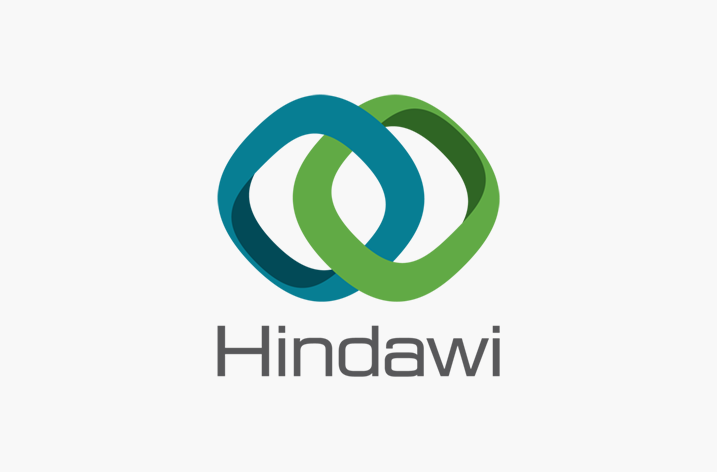
SAGE and Hindawi have recently entered into a publishing partnership agreement whereby the latter will publish and develop three SAGE gold open access journals for a period of at least three years.
Beginning in January 2021 (with submissions open in September 2020), Hindawi will provide peer review administration, production and online publication – utilizing its open source publishing platform, Phenom – as well as day-to-day correspondence with the Editorial teams and all marketing, promotion and development for the three journal titles.
Articles accepted for publication during 2020 will be published on SAGE’s website, whilst those accepted for publication in 2021 will be published on Hindawi’s site. The journals will remain under SAGE ownership while being fully managed by Hindawi.
The three titles taking part in this partnership are: Trends in Hearing, Molecular Imaging and Adsorption Science and Technology.
David Ross, Vice President of Open Research at SAGE, commented: “We are excited to announce this new partnership with Hindawi, and have no doubt that these journals will thrive under their management, offering the Editorial teams a different perspective and route to growth. With over 180 gold open access journals now under development at SAGE, we are pleased to be able to offer a flexible approach to our publishing that meets the unique needs of each of our titles. We successfully collaborated with Hindawi to launch a suite of gold open access journals over a decade ago, and so are delighted to be working with them once again.”
Richard Bennett, Chief Commercial Officer at Hindawi, commented: “We are very proud and excited to be collaborating with SAGE again. Our Publishing Partnerships program for managed open access publishing offers a unique blueprint for collaboration between publishers, enabling us to share open access expertise, systems and services to the benefit of the researchers that we serve, the further development of pure gold open access titles, as well as the advancement of openness in research.”



























